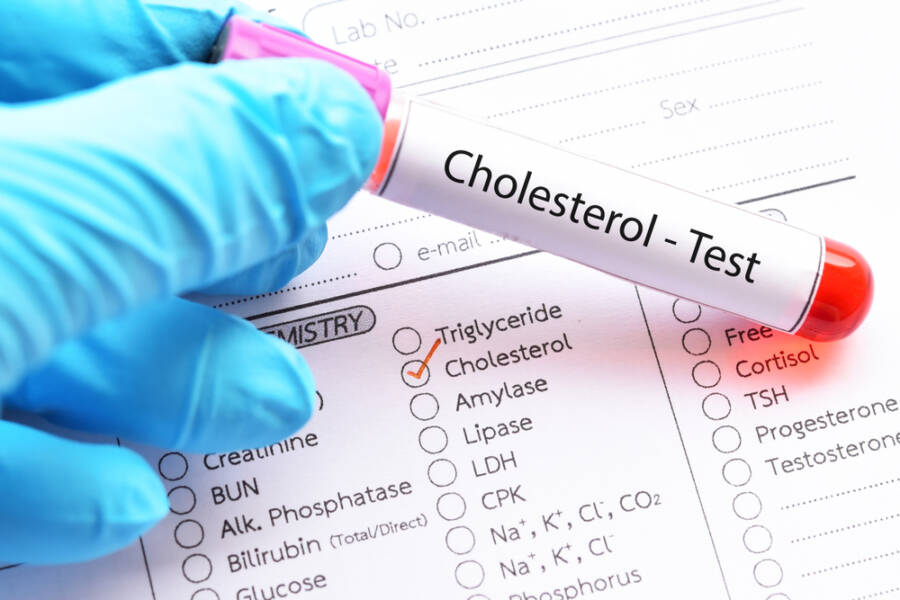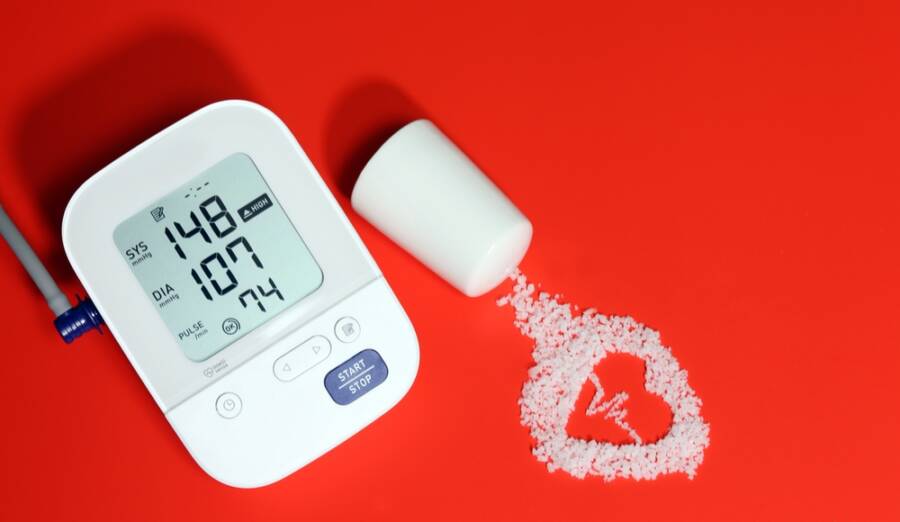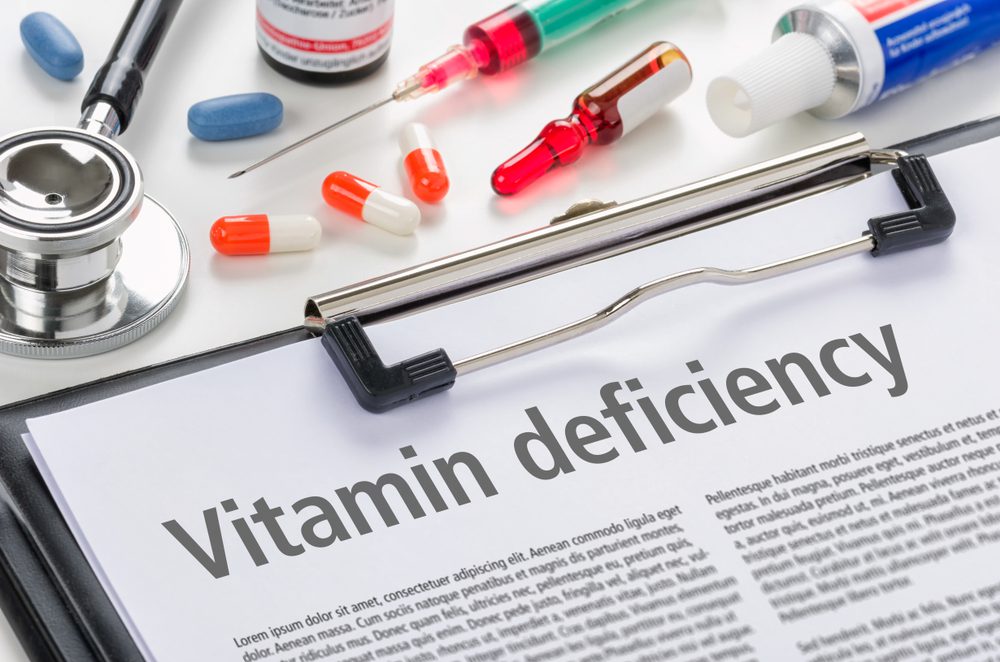9. Vitamin B6: The Metabolic Sparkplug
Why It Matters After 60: Vitamin B6 is a key player in your body’s energy production. It’s involved in over 100 enzyme reactions, primarily related to protein metabolism. It also helps produce neurotransmitters like serotonin and norepinephrine, which influence mood, and is essential for forming hemoglobin, the part of your red blood cells that carries oxygen. A strong immune system also relies on adequate Vitamin B6.
The Top Food Sources: This vitamin is found in a wide variety of foods. Chickpeas are one of the best sources. Tuna, salmon, poultry, and some fortified cereals are also excellent. Other good sources include potatoes, bananas, and cottage cheese.
Signs You’re Not Getting Enough / Benefits of Getting More: While severe deficiency is uncommon, mild insufficiency can lead to symptoms like confusion, irritability, and a weakened immune response. Ensuring you get enough B6 supports your energy levels, helps maintain a stable mood, and keeps your immune system ready to defend you.
How to Easily Add This to Your Life: Hummus (made from chickpeas) with vegetable sticks is a fantastic, B6-rich snack. Add a can of tuna to your lunch salad. A baked potato as a side dish or a banana with your breakfast are simple ways to boost your intake.
What to Consider: Most people get enough Vitamin B6 from their diet. High-dose supplements can cause nerve damage, so it’s best to focus on food sources unless a deficiency has been diagnosed by your doctor.




















